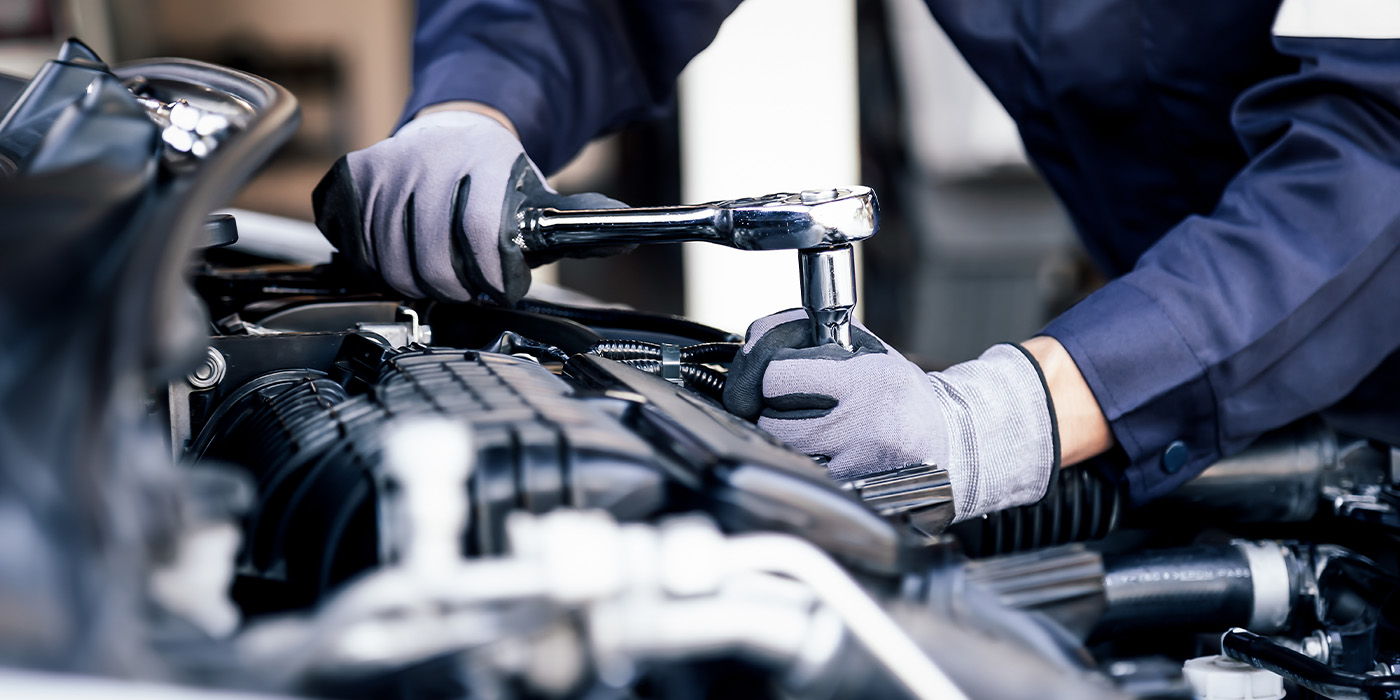Mechanics in modern are skilled tradespeople who play a crucial role in maintaining and repairing various types of machinery, especially automobiles. Their expertise ensures that vehicles and equipment operate safely and efficiently, which is vital for both personal and commercial use.
Types of Mechanics
- Automotive Mechanics: Specialize in repairing and maintaining cars, trucks, and motorcycles. They work on engines, transmissions, brakes, and other mechanical components.
- Diesel Mechanics: Focus on diesel engines found in trucks, buses, and heavy equipment. They handle repairs and maintenance of these robust engines.
- Aircraft Mechanics: Responsible for the maintenance and repair of aircraft. They ensure that planes and helicopters are safe for flight by working on engines, landing gear, and avionics.
- Marine Mechanics: Specialize in boats and other watercraft, maintaining engines, propellers, and steering systems.
- Industrial Mechanics: Work in factories and manufacturing plants, maintaining and repairing machinery like pumps and conveyors.
- Bicycle Mechanics: Focus on bicycles, repairing and maintaining frames, wheels, brakes, and gears.
The Importance of Certification
Mechanics often undergo rigorous training and certification processes to ensure they meet industry standards. Certifications from organizations like ASE (Automotive Service Excellence) are highly valued and indicate a mechanic’s proficiency and commitment to quality.
The Future of Mechanics
With the advent of electric and hybrid vehicles, the role of mechanics is evolving. Modern mechanics need to stay updated with the latest technologies and advancements in automotive engineering. Continuous education and training are essential for mechanics to remain relevant in this rapidly changing field.
Keywords for Mechanics in modern
- Automotive repair
- Diesel engines
- Aircraft maintenance
- Marine mechanics
- Industrial machinery
- Bicycle repair
- ASE certification
- Electric vehicles
- Hybrid vehicles
- Mechanical components

